Lenovo security services PC ban denied by Australian Department of Defence
Updated: After Chinese PC firm vowed to "look closely" into product ban claims, Australian Defence Department denies Lenovo veto.
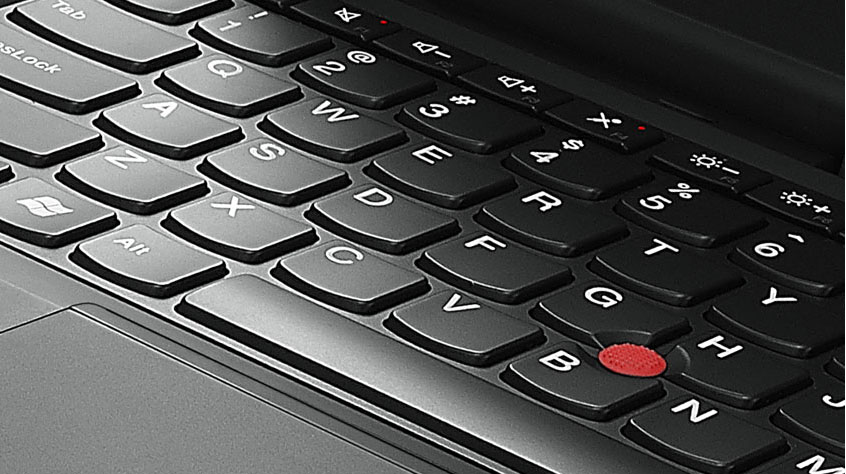
The Australian Department of Defence has denied reports it banned Lenovo PCs from being used on its secret networks.
A recent report in the Australian Financial Review claimed there is a written order in place in Britain banning the likes MI5, MI6 and GCHQ from using the Chinese PC vendor's products within classified networks.
We are looking into this situation closely and we'll be sure to share updates when available.
The banning order was reportedly introduced during the "mid-2000s", following the alleged discovery of modified circuitry, known as a "back door", in its computers that would permit remote access without the user's knowledge.
The article claims it is being adhered to by the "five eyes" of the Western intelligence alliance, which include GCHQ, the US National Security Agency, and Defence Signals Directorate in Australia, and their equivalents in Canada and New Zealand.
However, the Australian Department of Defence has now released a statement denying it has banned staff from using the Chinese PC vendor's products.
"Reports published on 27 and 29 July 2013 in the Australian Financial Review allege a Department of Defence ban on the use of Lenovo computer equipment on the Defence Secret and Top Secret Networks," the statement reads.
"This reporting is factually incorrect. There is no Department of Defence ban on the Lenovo company or their computer products; either for classified or unclassified systems," it concludes.
Get the ITPro daily newsletter
Sign up today and you will receive a free copy of our Future Focus 2025 report - the leading guidance on AI, cybersecurity and other IT challenges as per 700+ senior executives
In a statement to IT Pro, Lenovo said its products have been found "time and time again" to be reliable and secure for its enterprise and public sector users.
"As a result of the IBM PC division in 2005, we have diverse global leadership and an excellent track record in selling into the public sector globally," the statement read.
"We have not received word of any sort of a restriction on sales so we are not in a position to respond to that question...[but] Lenovo continues to have a strong relationship with government customers, so the claims being made are new to us.
"We are looking into this situation closely and we'll be sure to share updates when available."
A Home Office representative told IT Pro it was unable to confirm or deny claims that MI5 and MI6 are banned from using Lenovo PCs, adding that it does not comment on matters of this nature.
The company, which indirectly receives financial backing from the Chinese state, is not the first China-based tech vendor to have its public sector involvement called into question.
Last month, Chinese telecommunications vendor Huawei was the subject of a Government committee report into the role its technology plays in the UK's critical national infrastructure.
The report focused on its alleged ties to the Chinese state, something the vendor has strenuously denied, and the potential this could have on the UK's national security.
*This article was originally published on 30 July, and was updated on 31 July to include the Australian Department of Defence's statement.*
-
 Bigger salaries, more burnout: Is the CISO role in crisis?
Bigger salaries, more burnout: Is the CISO role in crisis?In-depth CISOs are more stressed than ever before – but why is this and what can be done?
By Kate O'Flaherty Published
-
 Cheap cyber crime kits can be bought on the dark web for less than $25
Cheap cyber crime kits can be bought on the dark web for less than $25News Research from NordVPN shows phishing kits are now widely available on the dark web and via messaging apps like Telegram, and are often selling for less than $25.
By Emma Woollacott Published
-
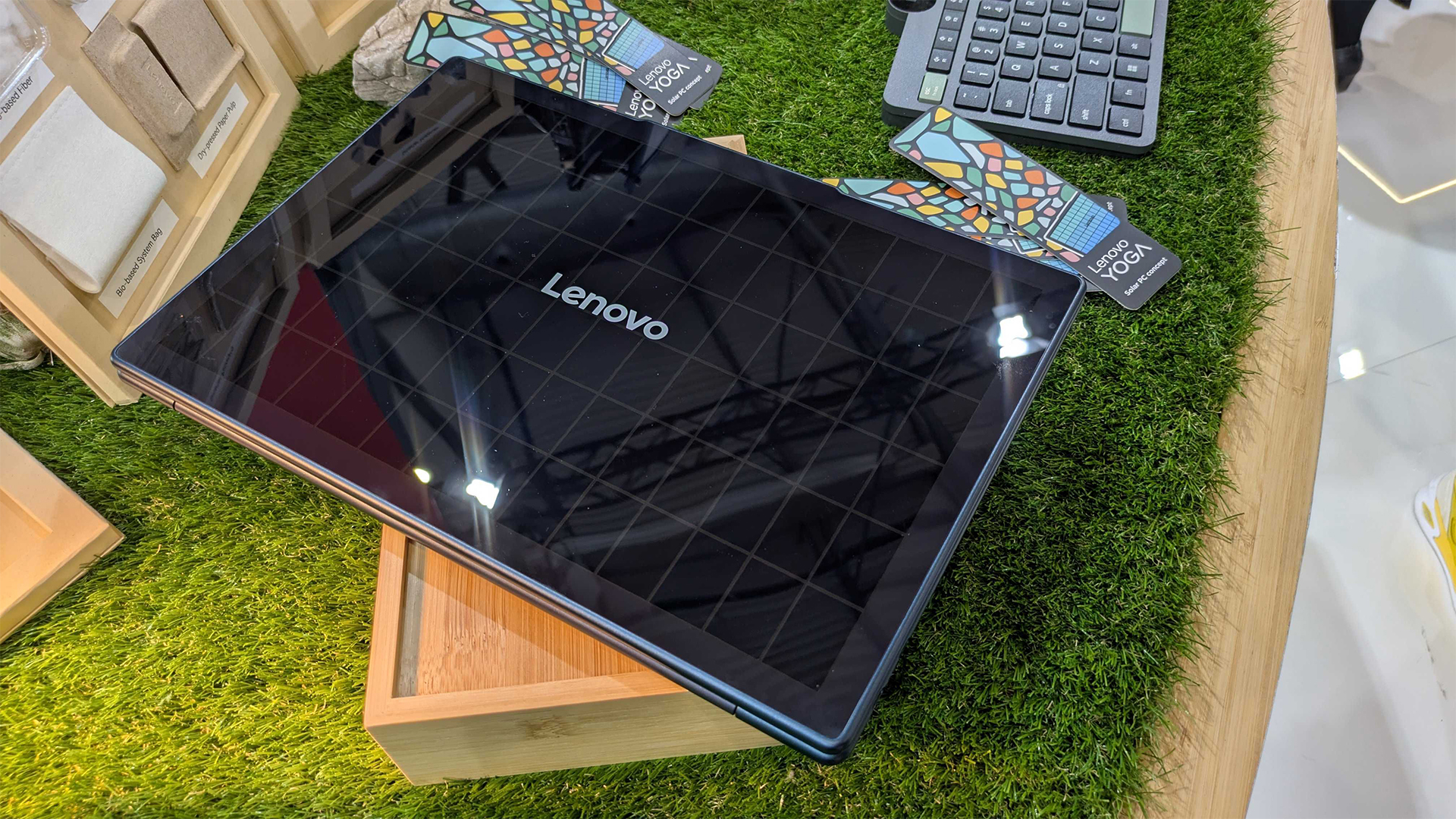 Lenovo’s solar-powered laptop could be a game changer for battery longevity – but we'll be waiting a while for a fully-fledged product
Lenovo’s solar-powered laptop could be a game changer for battery longevity – but we'll be waiting a while for a fully-fledged productNews Lenovo unveiled an experimental solar-powered laptop at MWC 2025 amid updates to the Yoga and Ideapad lineups
By Nicole Kobie Published
-
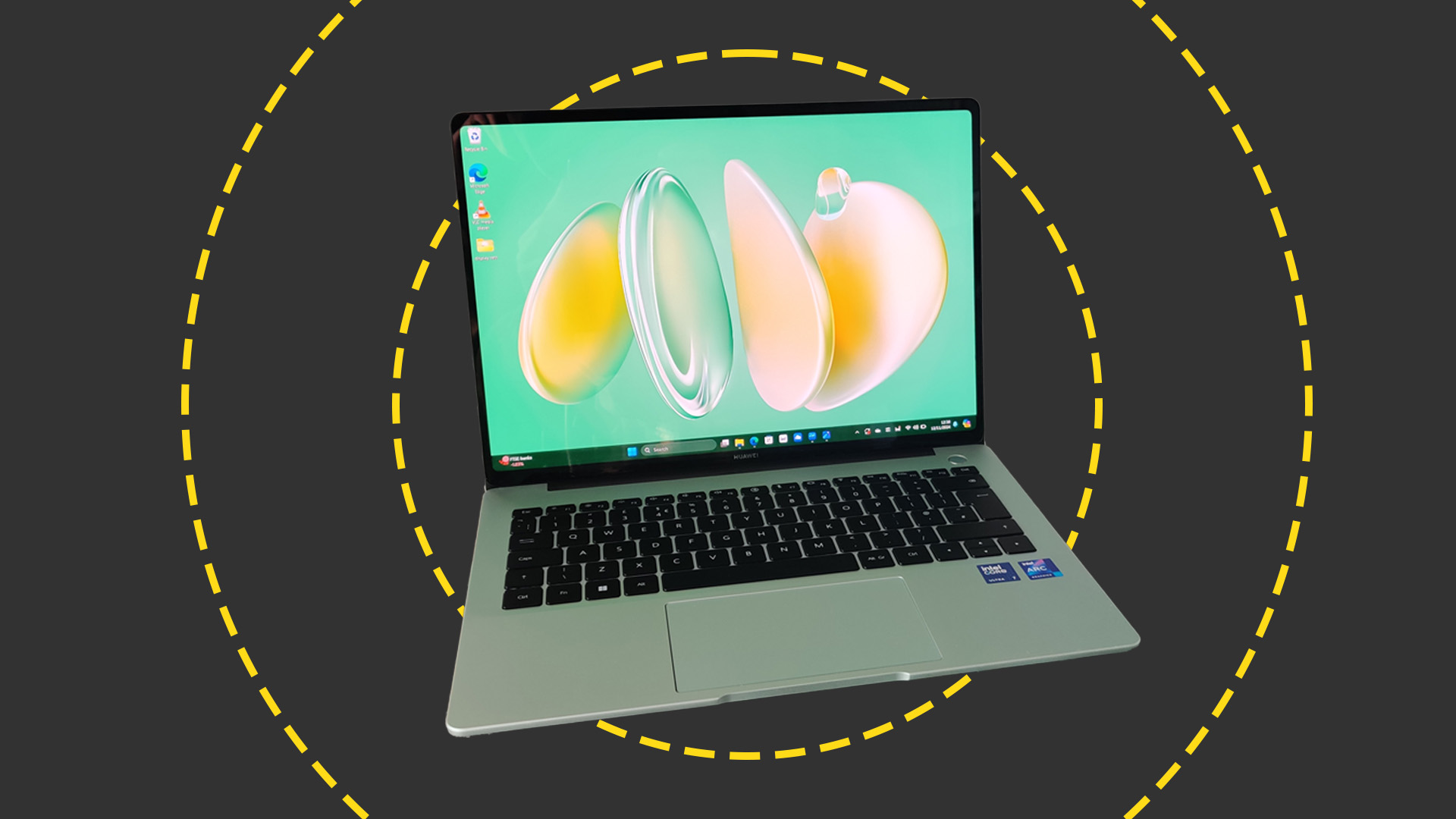 Huawei MateBook 14 (2024) review: A solid all-rounder with a stunning display
Huawei MateBook 14 (2024) review: A solid all-rounder with a stunning displayReviews An attractive, well-rounded device with a spectacular OLED display, but newer ARM-based Windows laptops offer that little bit more
By Solomon Klappholz Published
-
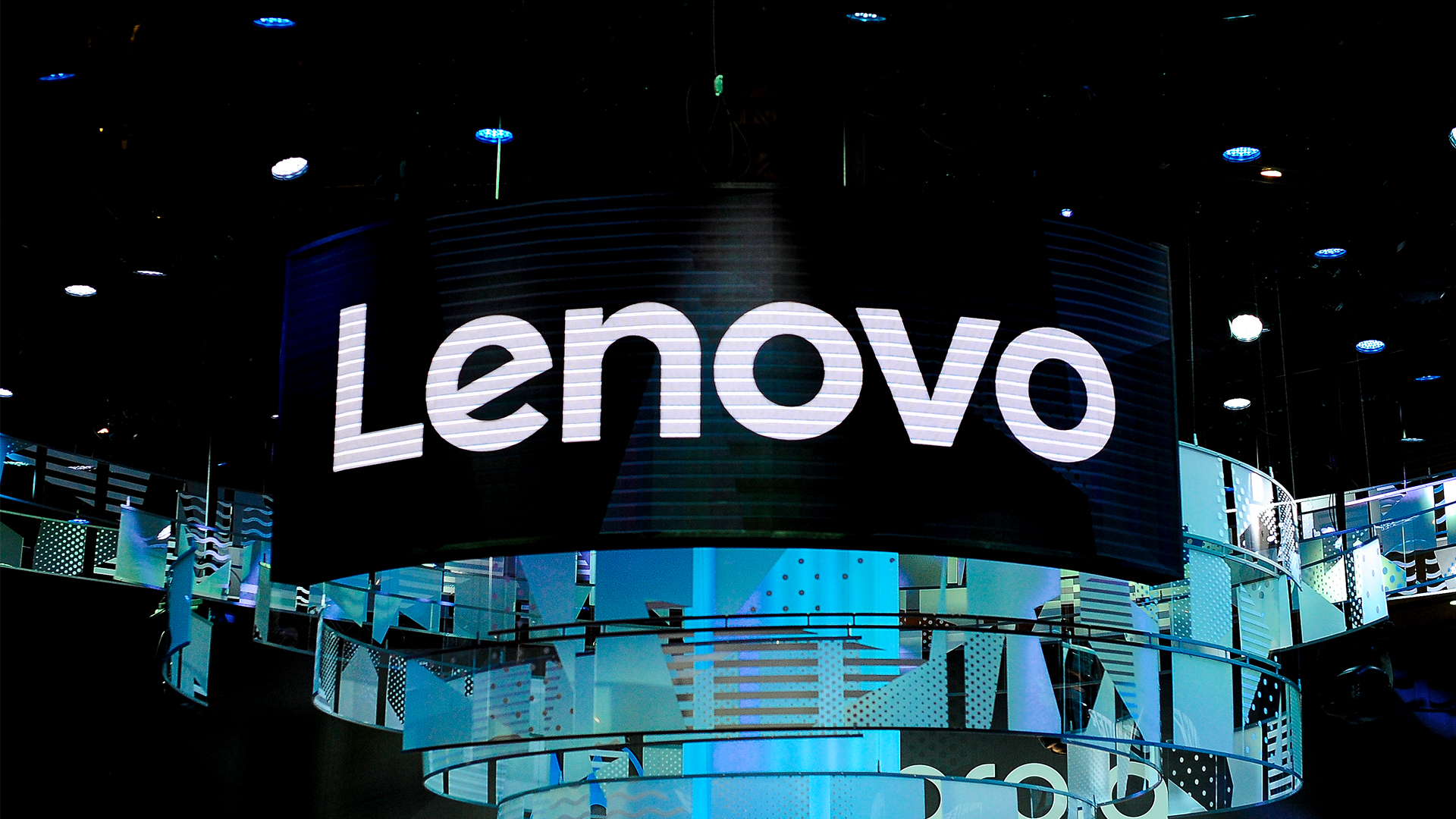 Lenovo unveils its new ‘hybrid-AI’ vision
Lenovo unveils its new ‘hybrid-AI’ visionNews The company says its new modular, customizable solutions deliver higher productivity and tangible return on investment
By Emma Woollacott Published
-
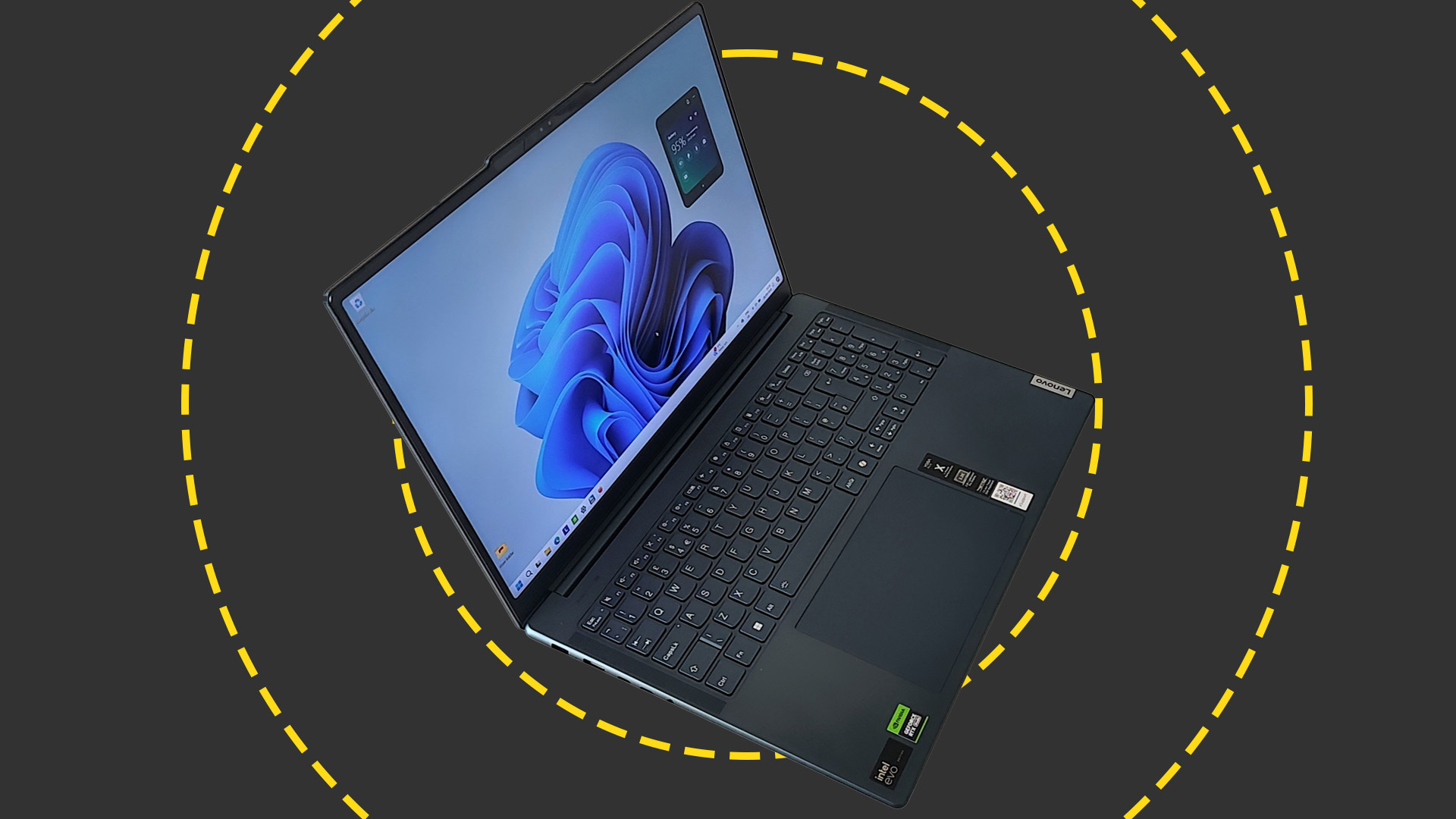 Lenovo Yoga Pro 9i 16 Gen 9 review: One of the best-value laptops on the market
Lenovo Yoga Pro 9i 16 Gen 9 review: One of the best-value laptops on the marketReviews With a powerful Nvidia discrete GPU, and an attractive price, the latest Yoga Pro 9i is the perfect laptop for power creatives on the go
By Alun Taylor Published
-
 Why the world is about to be swamped with AI PCs
Why the world is about to be swamped with AI PCsNews With adoption rates set to surge, AI PCs will become far more mainstream in years to come
By Nicole Kobie Published
-
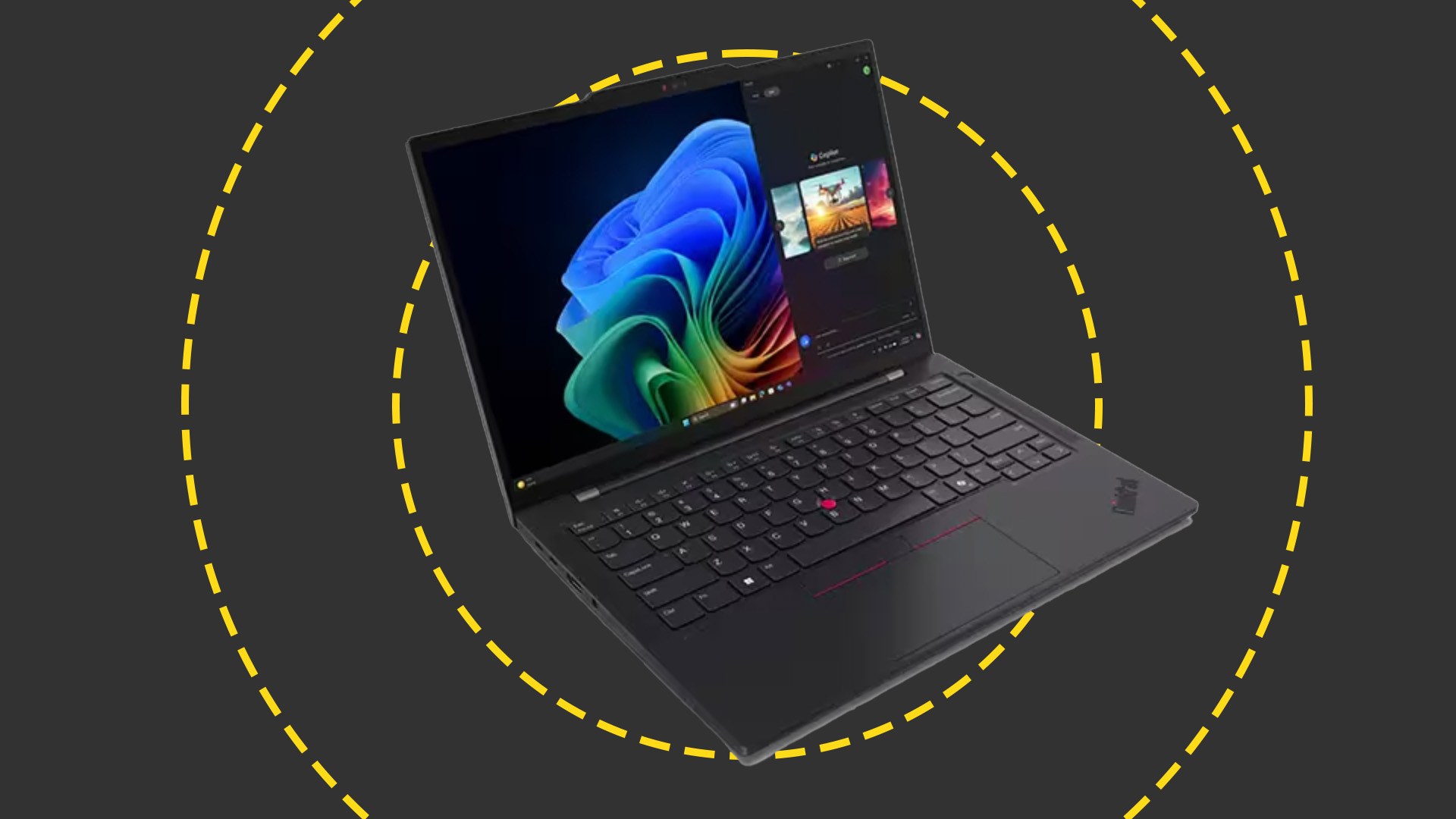 Lenovo ThinkPad T14s Gen 6 review: A safe pair of hands that will last for days
Lenovo ThinkPad T14s Gen 6 review: A safe pair of hands that will last for daysReviews Although unsightly, looks aren't everything -- with this AI-powered laptop capable of offering an outrageously long battery life and blistering performance
By Keumars Afifi-Sabet Published
-
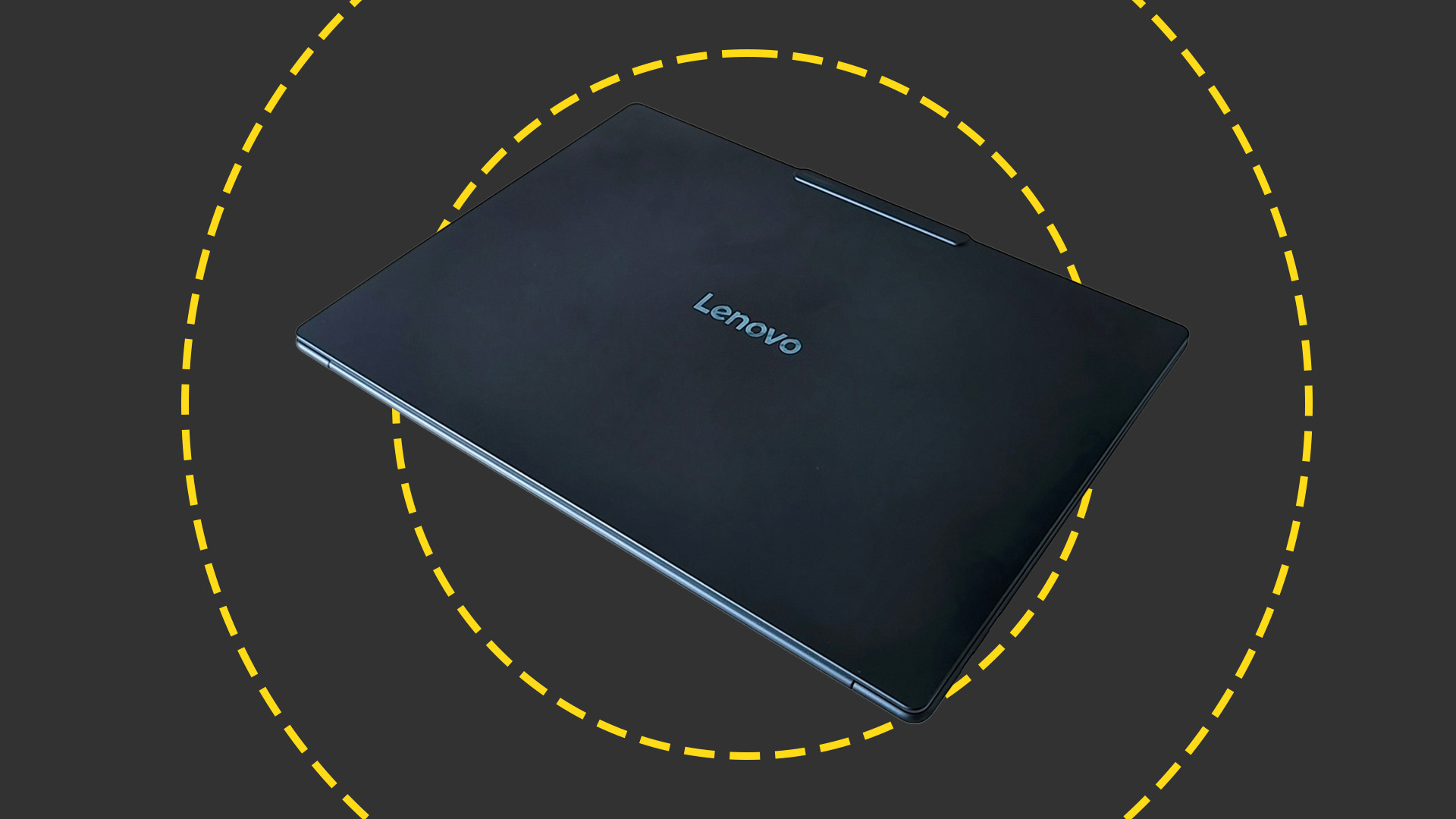 Lenovo Yoga Slim 7x review: At last, Windows on ARM comes good
Lenovo Yoga Slim 7x review: At last, Windows on ARM comes goodReviews With few compatibility issues and Mac-like battery run times the new Snapdragon X Elite silicon is a welcome addition to the laptop world
By Alun Taylor Published
-
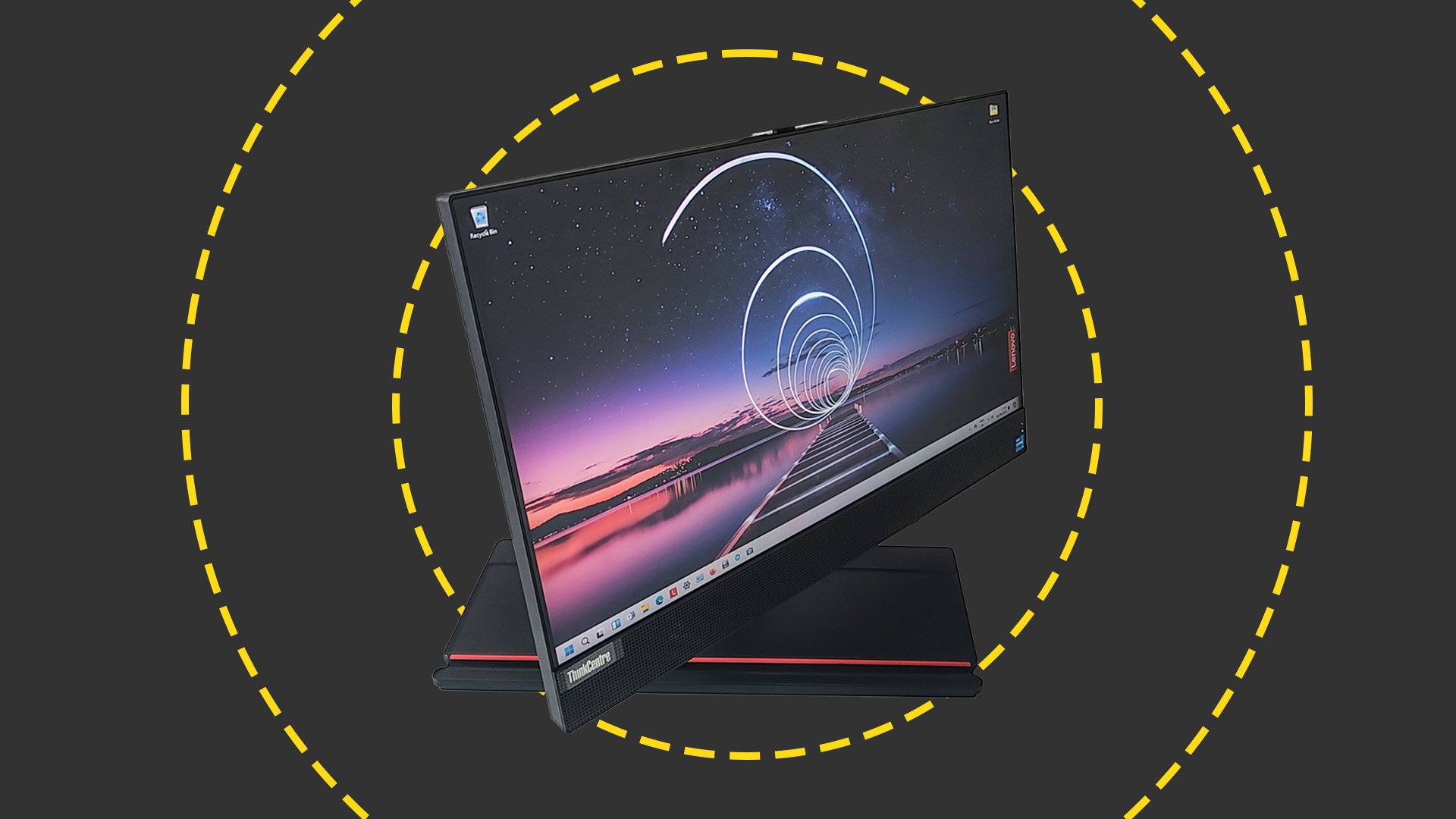 Lenovo ThinkCentre M90a Gen 5 review: A stylish, compact, and feature-laden all-in-one
Lenovo ThinkCentre M90a Gen 5 review: A stylish, compact, and feature-laden all-in-oneReviews Only the flaccid integrated graphics processor lets down Lenovo's otherwise impressive M90a Gen 5
By Alun Taylor Published